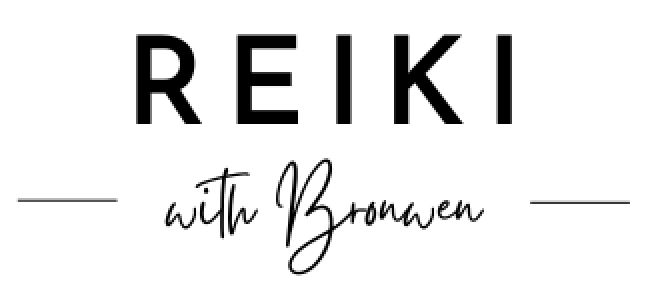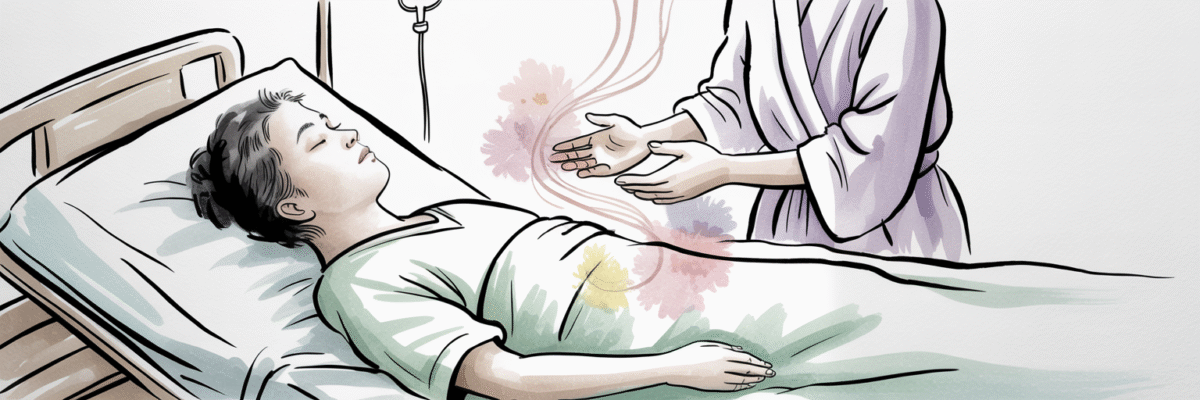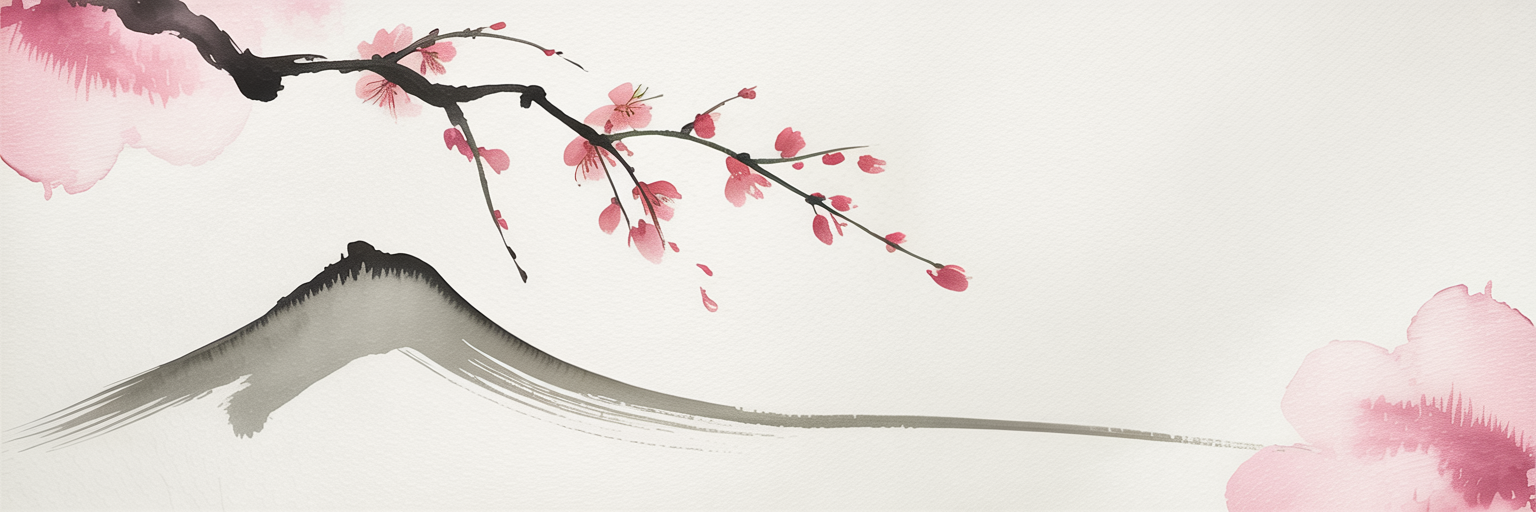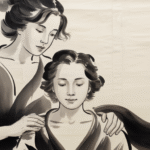
Reiki Research: Self-Efficacy Enhances Reiki’s Benefits for Breast Cancer Patients
November 12, 2025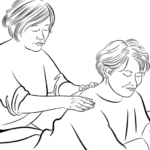
Reiki Research: Reiki in Nursing Care for Cancer Patients
November 12, 2025Reiki Improves Quality of Life in Blood Cancer Patients
Randomized Double-Blind Placebo-Controlled Trial
Researchers: Zaida Alarcão, PhD • José Fonseca, PhD
Hospital São João, Porto, Portugal • ISCTE-IUL, Lisbon, Portugal
Published 2016
Study at a Glance
Participants
100 Patients
Blood cancer inpatientsAges 18-62
Design
Double-Blind
True Reiki vs Sham ReikiTreatment
8 Sessions
2×/week for 4 weeks, 60 min eachBlinding Success
97%
Only 3 patients guessed correctly🎯 Main Finding
Patients receiving TRUE Reiki showed significantly greater improvements in overall quality of life compared to those receiving SHAM Reiki (p<0.05). Improvements were seen in physical, social relationships, and environmental domains. Only the psychological domain did not reach statistical significance.
⭐ What Makes This Study Strong
Double-Blind Placebo-Controlled: This is one of the most rigorous study designs. Patients received either true Reiki (from trained Reiki Masters) or sham Reiki (from people who mimicked Reiki movements but had NO Reiki training). Neither patients nor researchers knew who got what until after the study. This controls for expectation/placebo effects.
Quality of Life Improvements
WHOQoL-Bref Scores (World Health Organization Quality of Life – Brief)
📈 Higher scores = BETTER quality of life
Detailed Results
- Overall Quality of Life: True Reiki scored 58.4 vs Sham Reiki 50.3 (p<0.05) ✓
- Physical Health: True Reiki scored 57.9 vs Sham Reiki 48.8 (p<0.05) ✓
- Social Relationships: True Reiki scored 74.6 vs Sham Reiki 62.1 (p<0.001) ✓
- Environment: True Reiki scored 64.2 vs Sham Reiki 57.9 (p<0.05) ✓
- Psychological: True Reiki scored 53.2 vs Sham Reiki 52.1 (not significant)
All domains showed positive trends for Reiki, with four out of five reaching statistical significance.
Study Design & Methodology
Setting: Haematology and Oncology Unit, Hospital São João, Porto, Portugal
Population: Blood cancer inpatients (leukemia, lymphoma, multiple myeloma)
Sample Size: 116 recruited, 100 completed (58 true Reiki, 42 sham Reiki)*
*16 patients in control group died after randomization but before completing baseline questionnaire
Inclusion Criteria:
- Ages 18-62
- Medical diagnosis of blood cancer
- Expected hospitalization under 14 days
- Not cognitively impaired
- No previous research participation at hospital
Intervention:
- True Reiki: Administered by qualified Reiki Masters from research team
- Sham Reiki: Administered by people with NO Reiki training who mimicked hand positions
- Both groups: 2 sessions per week for 4 weeks (8 sessions total), 60 minutes each
- Sessions conducted 4-9 PM in patients’ rooms
- Same therapist for each patient throughout
Blinding: Double-blind design
- Patients randomly assigned via computer randomization
- Patients didn’t know if receiving true or sham Reiki
- Success: Only 3 of 100 patients guessed their group correctly!
Measurement: WHOQoL-Bref (Portuguese version)
- 26 questions covering 4 domains: Physical, Psychological, Social Relationships, Environment
- 5-point Likert scale
- Administered at baseline and after all 8 sessions
- Additional 3 questions from WHOQoL-100 on spirituality/religion/personal beliefs
Analysis:
- Compared quality of life scores between groups using appropriate statistical tests
- Student’s t-test for normally distributed data
- Mann-Whitney test for non-normally distributed data
- Multiple statistical approaches to ensure robust conclusions
Study Strengths, Limitations & Impact
✓ Major Strengths
- Double-blind placebo-controlled design – Gold standard for clinical trials
- Successful blinding – 97% of patients couldn’t tell which group they were in
- Sham Reiki control – Controls for attention, touch, expectation, and placebo effects
- Validated outcome measures – WHO quality of life instrument
- Appropriate statistical analysis – Multiple tests to ensure robust findings
- Adequate sample size – Sufficient statistical power for main comparisons
- Real-world clinical setting – Hospitalized cancer patients during treatment
- No reported side effects – Safety documented
- Ethics approval – Informed consent from all participants
⚠️ Limitations
- High mortality: 16 patients in control group died before completing baseline questionnaire (reflects severe illness in population)
- Single timepoint: Quality of life measured only after completion of all sessions (no interim measurements)
- No long-term follow-up: Effects beyond immediate post-treatment period unknown
- Single site: Conducted at one hospital in Portugal
- Self-report only: No objective physiological measures
- Psychological domain: Did not reach statistical significance
📊 What This Study Adds to Reiki Research
- One of the few double-blind placebo-controlled Reiki studies
- Shows effects cannot be explained by placebo since sham group also had expectation
- Demonstrates Reiki’s impact across multiple life domains (physical, social, environmental)
- Confirms safety in vulnerable cancer population
- Shows feasibility of integrating Reiki into hospital cancer care
- Used validated WHO quality of life measures
🏥 Real-World Impact
Because of these results, Hospital São João has incorporated Reiki therapy into their available services, including holistic care concepts in their delivery of care.
This demonstrates how rigorous research can lead to policy changes and integration of complementary therapies into conventional healthcare settings.
🔮 Future Research Needs
- Larger multi-site trials to confirm findings
- Long-term follow-up to assess durability of benefits
- Mixed methods research to understand patient experiences
- Investigation of optimal treatment frequency and duration
- Studies on cost-effectiveness in healthcare systems
- Research on which patient characteristics predict best response
Read the complete research paper by Jaime Fonseca and Zilda Alarcão here.
For more Reiki research graphs and blogs.
For more research graphs and blogs about the system of Reiki and Cancer.
